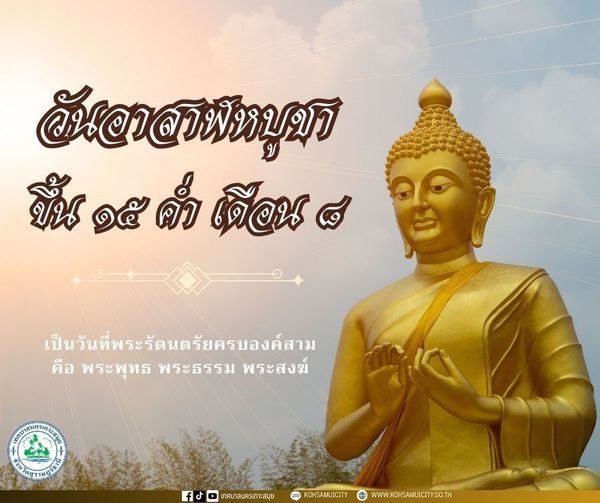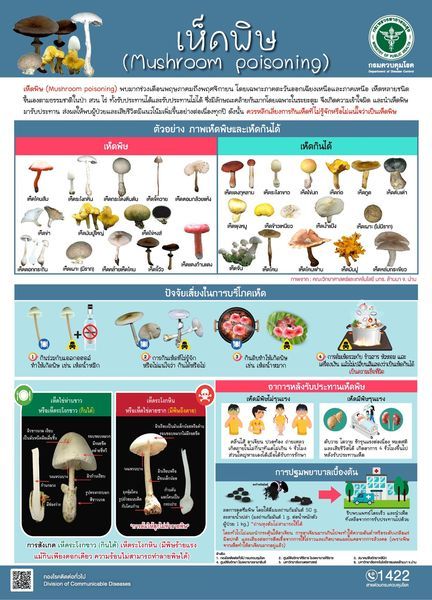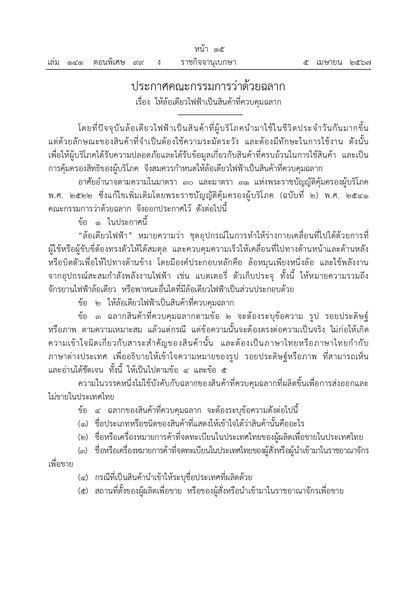A Quota for Tranquility
Bali, a globally-renowned island paradise, is set to initiate a novel paradigm in its tourism management. The province’s governor, Wayan Koster, seeks to address the surge in visitor numbers by establishing a quota system. Foreign tourists, attracted by the island’s idyllic beauty, would need to register their intent to visit a full year in advance.
“We will no longer welcome mass tourism. We will restrict tourist numbers by implementing a quota system. If there is a quota, then people will have to queue. Those who want to come next year, can sign up from now. That’s the system we want to apply,” said Koster.
The governor’s proclamation aims to restore order and respect for local culture amidst a swelling tide of international visitors, some of whom disregard local laws and traditions.
Balancing Act: Culture, Tourism, and Ecology
With foreign visitation figures surpassing 300,000 per month since the onset of 2023, the rise in tourism has strained the island’s resources and its people’s patience. Bali’s residents have raised their concerns about escalating traffic, growing pollution, and disregard for the island’s Hindu traditions and culture. Koster’s quota system proposes a potential remedy to these concerns, with an aim to ensure long-term sustainability and respect for the local culture.
Norms and Laws: The ‘Bali Bonk Ban’
In an additional move to preserve cultural sanctity, Governor Koster has revealed an upcoming ‘no sex law’ that has gained approval from the Indonesian government. The ‘Bali bonk ban,’ as it’s colloquially known, aims to prevent sex outside of marriage.
However, tourists need not fear prosecution for non-marital sex, as the legislation will apply solely to Indonesians and resident foreigners. Despite initial concerns among human rights campaigners and international visitors, officials have sought to calm fears.
“Bali is Bali as usual, which is comfortable and safe to be visited,” reassured Governor Wayan Koster.
This intricate balance of preservation and tourism showcases the complexity of maintaining cultural integrity in an era of mass tourism. As Bali navigates these challenging waters, it offers a model for other destinations grappling with similar issues. The approach may just define the future of sustainable tourism, blending cultural respect, local harmony, and global enjoyment.




